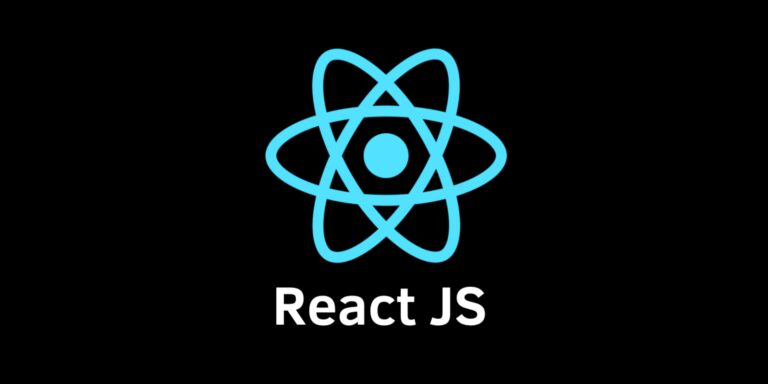Preparing for Data Structures and Algorithms (DSA) interviews involves consistent practice and a deep understanding of core concepts. Here’s a step-by-step guide:
1. Understand the Basics:
- Data Structures: Master arrays, linked lists, stacks, queues, trees, graphs, and hash tables.
- Algorithms: Know sorting, searching, recursion, dynamic programming, greedy algorithms, and graph algorithms.
2. Analyze Complexity:
- Understand time and space complexity. Analyze algorithms to evaluate their efficiency.
3. Coding Proficiency:
- Code regularly in the programming language of choice (commonly used: Python, Java, C++).
- Practice implementing data structures and algorithms from scratch.
4. Solve Problems:
- Solve problems on platforms like LeetCode, HackerRank, and CodeSignal.
- Start with easier problems and gradually move to medium and hard levels.
5. Study Resources:
- Refer to classic books like “Cracking the Coding Interview” by Gayle Laakmann McDowell.
- Online courses and tutorials on platforms like Coursera, Udemy, or free platforms like Khan Academy and GeeksforGeeks.
6. Learn Patterns and Techniques:
- Identify recurring problem-solving patterns.
- Understand techniques for solving specific types of problems (e.g., sliding window, two-pointer, divide and conquer).
7. Mock Interviews:
- Practice mock interviews with peers or join interview practice groups.
- Get familiar with explaining your thought process and optimizing code on the spot.
8. Review and Learn from Mistakes:
- After solving problems, review your solutions and look for optimizations or alternate approaches.
- Understand why your solution worked or failed.
9. Stay Calm and Confident:
- During interviews, stay calm and communicate your thought process clearly.
- Ask for clarifications if needed and approach problems methodically.
10. Continuous Improvement:
- Keep learning and practicing, even after landing a job. DSA skills are valuable throughout your career.
Pro Tips:
- Consistency is Key: Allocate dedicated time daily for practice.
- Variety in Problems: Attempt problems from different domains to enhance problem-solving skills.
- Understand Trade-offs: While optimizing code, understand trade-offs between time and space complexity.
Remember, the key to success in DSA interviews is a combination of practice, understanding core concepts, and the ability to apply them to different problems effectively.











